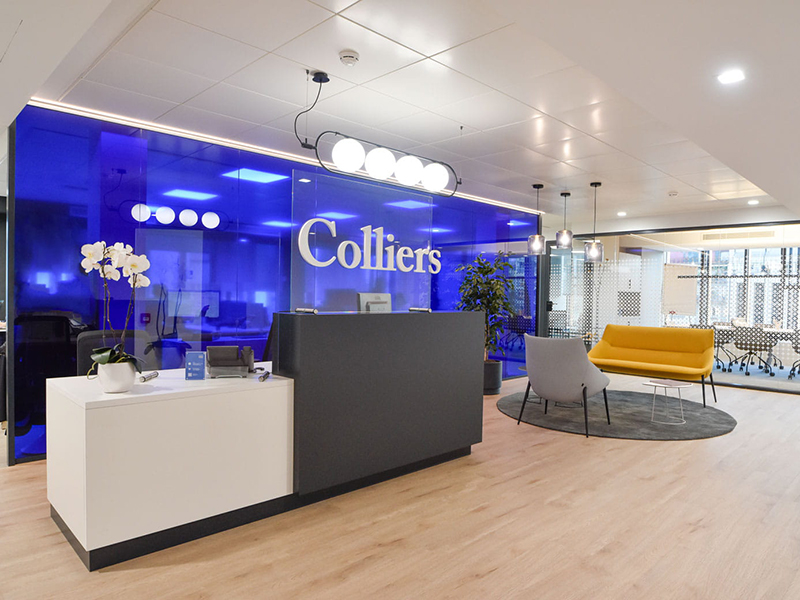
Colliers North America is building a diverse workforce by promoting gender diversity and using feedback from its employee resource groups, says Muriel Thompson, the organization’s director of social impact and employee relations.
“In commercial real estate, we’re all competing for clients who are increasingly interested in our commitments to diversity, equity and inclusion. Many of them have their own commitments and initiatives and they’re looking for synergy.”
However, she notes employers’ efforts must be authentic and DEI can’t end with recruitment. If women don’t see themselves reflected in the company’s leadership, it might be difficult for them to see a long-term future with the organization.
Read: Women in Canada’s benefits, pension industries talk gender diversity
“When DEI is factored into the entire employee lifecycle, including advancement and leadership positions, you can build a culture that makes women and diverse talent stay — avoiding the costs associated with being an expensive, unsustainable revolving door for high-value talent.”
Thompson suggests employers examine their policies to make sure they’re supportive, be transparent with their progress and use employee feedback. “Don’t just wait for yearly satisfaction surveys. Build channels for regular feedback like quick pulses, stay interviews and exit feedback. Even your turnover trends can tell you how your female and diverse employees are experiencing your workplace. Use this important feedback to guide your actions.”
Employee resource groups are another effective way for diverse employees to connect over shared experiences and create change, she adds. “ERGs bring together individuals with common backgrounds, identities or interests. By connecting over their experiences, they can find supportive communities within their workplaces they can really tether to. They also provide safe spaces to discuss challenges, seek advice and foster a sense of belonging that can sometimes be a little challenging to find organically.”
Read: Back to basics on employee resource groups
Colliers’ ERGs also offer professional development opportunities for its communities and the wider population with programs like workshops, mentorship and leadership training.
Thompson notes ERGs can also serve as influential voices within the organization to advocate for real change to policies and practices that promote DEI. “I just think, without ERGs, how do you get the right perspective? Even with the best intentions, they can speak more clearly for their constituents than any employer or other group. So we’re very open to hearing those ideas and making them a reality in our workplace.”
